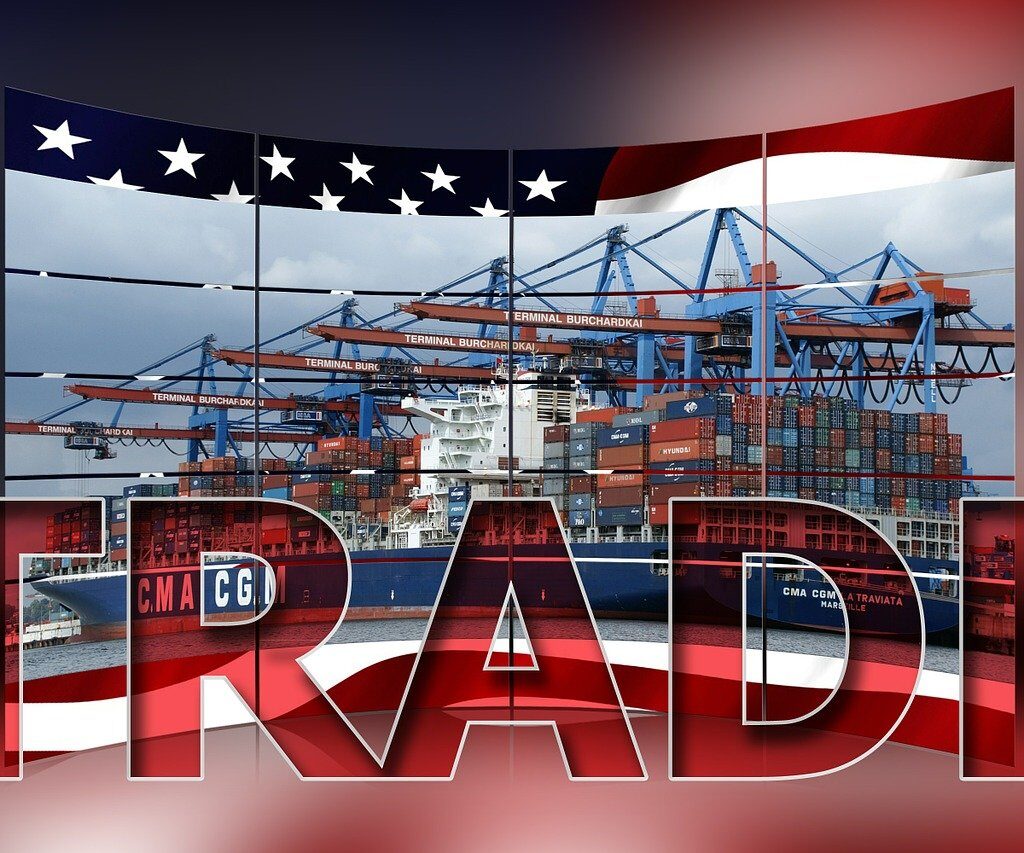US President Donald Trump has announced a landmark trade agreement between the United States and the European Union, highlighting significant economic and defense commitments that promise to reshape transatlantic relations.
According to Trump, the deal includes the EU agreeing to purchase $750 billion worth of energy from the U.S., $150 billion specifically in U.S. energy products, and hundreds of billions of dollars in American military equipment. In addition, the EU is said to commit $600 billion in investments across the United States, a move expected to boost economic growth and foster stronger commercial ties.
NOW – Trump lectures Ursula von der Leyen on windmills: "It's a horrible thing… the whole thing is a con job." pic.twitter.com/rtajF0zy5q
— Disclose.tv (@disclosetv) July 27, 2025
However, skepticism about the deal’s substance has emerged. Gregorio Sorgi of Politico reports that EU officials have admitted they cannot guarantee the $600 billion in extra investments. A European Commission official clarified, “It’s based on the intentions of the private companies,” suggesting that these investment figures reflect hopeful projections rather than binding commitments.
EU officials admit they can't guarantee $600 billion extra investments to the U.S.
“It's based on the intentions of the private companies,” said Commission official
Translation: it's more about window dressing, than concessions to U.S.
Story 👇https://t.co/rtzjwvPgPx
— Gregorio Sorgi (@GregSorgi) July 28, 2025
Translation: while the announced numbers paint a picture of sweeping concessions, the reality may be more about political window dressing than concrete, enforceable agreements.
Adding further geopolitical context, analyst Mujtaba Rahman tweeted his relief that certain EU officials advocating for aggressive retaliation against the U.S. do not control the European Commission’s decisions. Rahman warned that escalating tensions with the U.S. could have placed the EU in “stormy waters,” potentially risking critical support for Ukraine amid ongoing geopolitical vulnerabilities. “Even if a 1% risk, would it be worth it?” Rahman questioned, highlighting the delicate balancing act the EU faces in managing its transatlantic relations.
This development adds nuance to the announcement, reminding observers that trade deals often contain optimistic targets subject to market forces and private-sector decisions, rather than ironclad promises. Meanwhile, the broader geopolitical stakes underscore the complex interplay between economic agreements and strategic priorities.
As the details continue to unfold, the U.S.-EU trade relationship remains a critical arena for economic diplomacy, with energy, investment, and defense cooperation at its core.
Thankfully Olivier doesn't run the Commission. It would have been madness to retaliate against US given EU's geopolitical vulnerabilities. What Olivier describes as "stormy waters" could have meant Ukraine being thrown under the bus. Even if a 1% risk, would it be worth it? 1/ https://t.co/ytOfNgYjkr
— Mujtaba Rahman (@Mij_Europe) July 28, 2025

